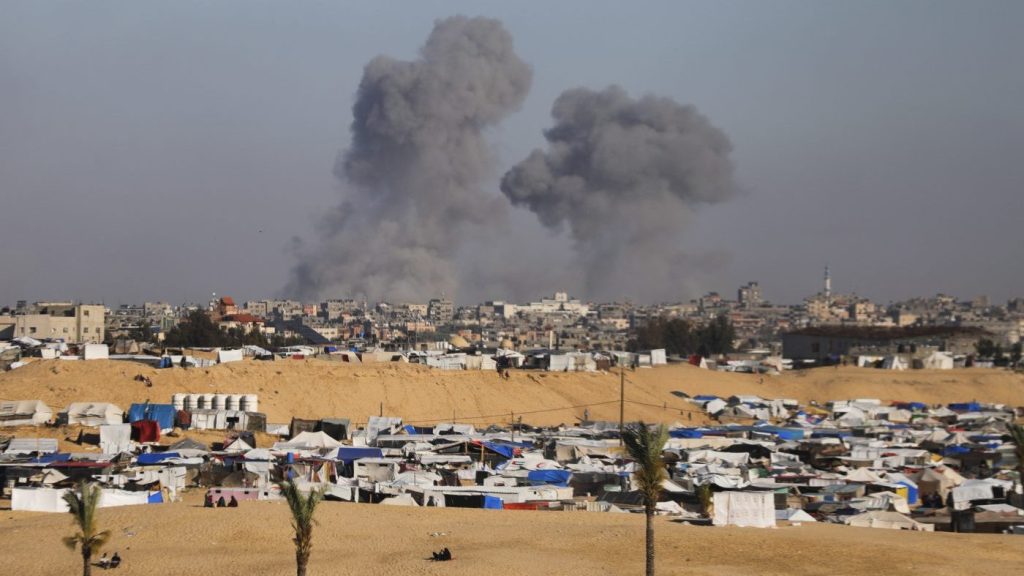The United Nations and aid groups are urgently asking Israel to reopen Gaza's border crossings and reduce military operations in Rafah. They are trying to prevent a humanitarian disaster for over one million Palestinians in Gaza.
U.N. Secretary-General António Guterres has made desperate pleas for Israel to stop its attacks on Hamas in Rafah and open the Rafah and Kerem Shalom gateways for humanitarian aid deliveries.
Guterres stated that the closure of the Rafah and Kerem Shalom crossings is making an already severe humanitarian situation even worse, and they need to be reopened right away.
Rafah is the main location for humanitarian operations in Gaza. Targeting Rafah will disrupt efforts to help people facing severe humanitarian difficulties and the threat of famine.
On Monday night, Israel began specific attacks on Hamas targets in eastern Rafah and took control of the border crossing with Egypt, a crucial route for delivering humanitarian aid and for the movement of Palestinians to and from Gaza.
Guterres, in his plea, called on Israel's international partners to pressure Jerusalem to restrain its military operations.
Guterres appealed to those with influence over Israel to do everything possible to avoid further tragedy.
Several aid groups have joined in warning against Israel's military operations in Rafah, pointing to the potential for a high number of civilian deaths and the ongoing famine in the area.
Save The Children said in a statement that they had already run out of words to describe the catastrophic situation in Rafah and that the next chapter will make it even more indescribable.
John Kirby, the White House spokesperson on National Security issues, said that the administration is closely monitoring the Israel Defence Forces (IDF) attacks on Gaza. He mentioned that Jerusalem has described the attacks as an attempt to stop Hamas from transporting weapons across the Rafah border.
Kirby explained that Israel has described the attacks as not being of a scale that would equate to a major ground operation in terms of size, duration, and scope.
Kirby stated that the White House is against a broader IDF-ground offensive into Rafah that does not prioritize the protection of civilians.
Kirby emphasized the importance of any operation in Rafah accounting for the safety and security of the people present, regardless of their number or location. He indicated that close attention will be paid to this situation.
Kirby mentioned that at President Biden's request, Israel had committed to reopening the Kerem Shalom crossing between Gaza and Israel, which had been closed after a Hamas rocket attack resulted in the death of four Israeli soldiers and the injury of 10 others on Sunday.
The administration also wants Israel to reopen the Rafah crossing for humanitarian deliveries.
Kirby stated that there is still much work to be done and that the current efforts have not been sufficient, given the significant humanitarian needs and risks faced by those trying to provide assistance to those in need.
The government has stated that the goal for humanitarian aid deliveries into Gaza is to have around 500 trucks per day. In the first five days of May, an average of 240 trucks passed through the Rafah and Kerem Shalom crossings each day. according to data from the United Nations Relief and Works Agency.
Israel mentioned that multiple crossings allow for about 350 aid trucks to enter Gaza daily.
The IDF had no comment on any plans to reopen the Rafah crossing when contacted by The Hill.









